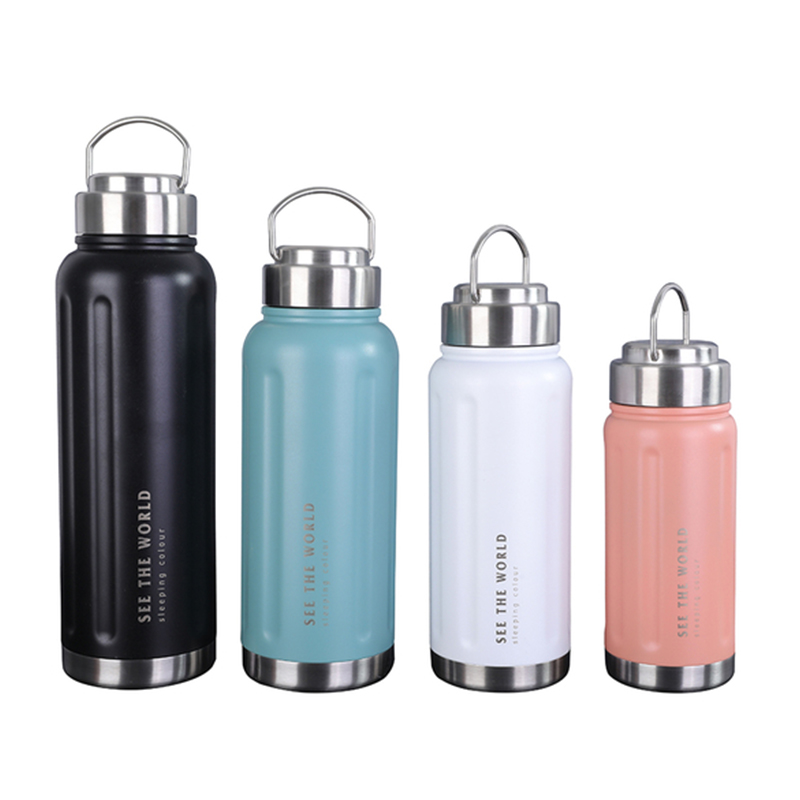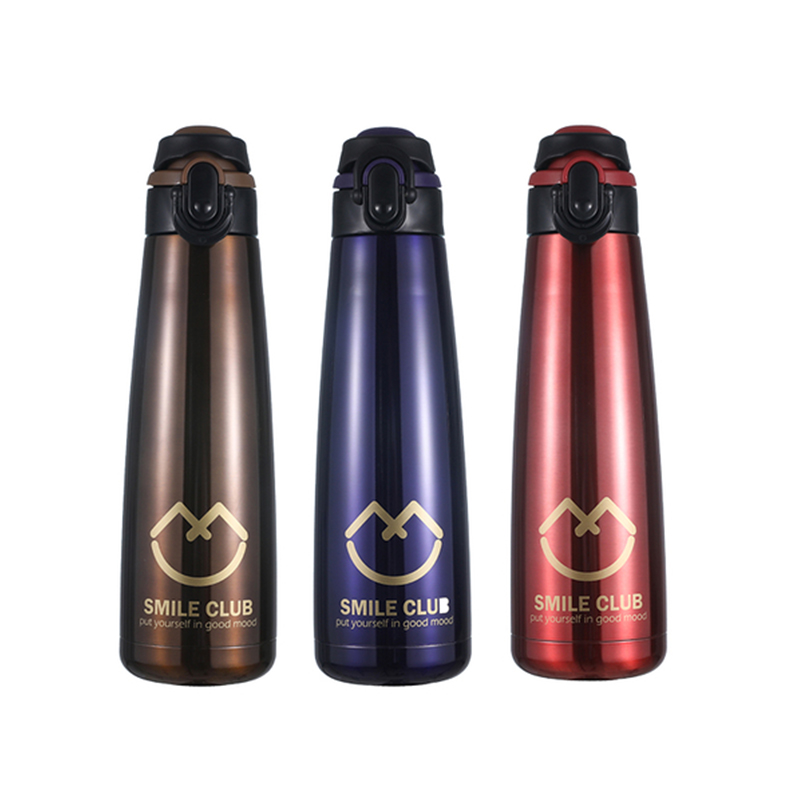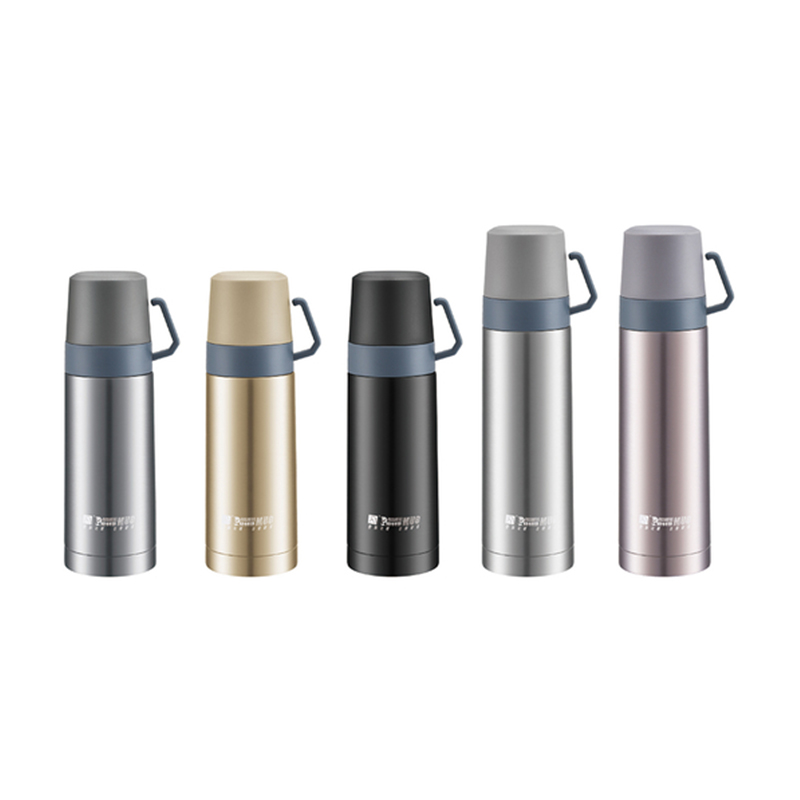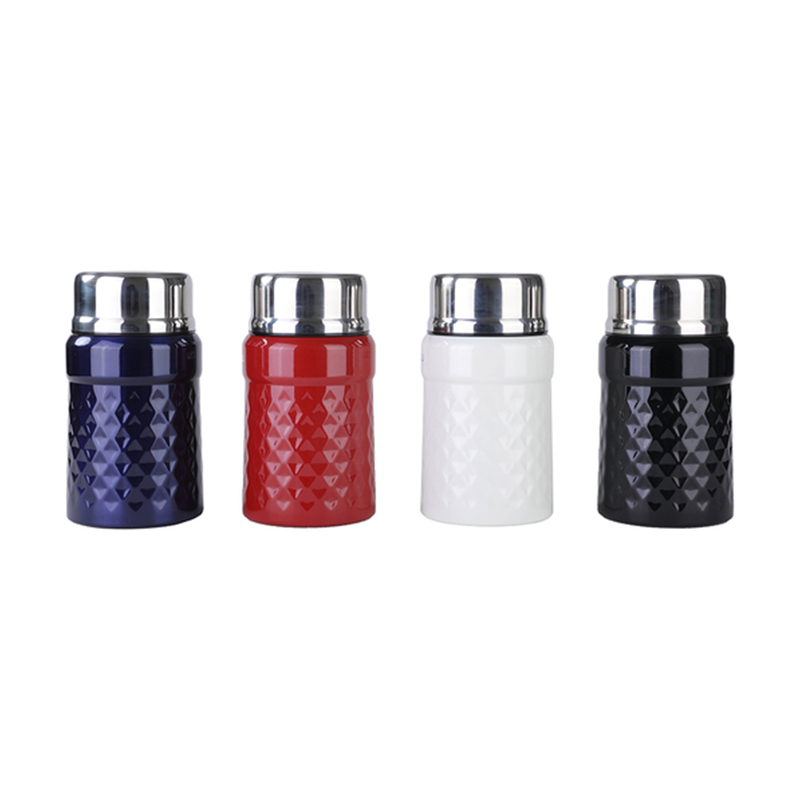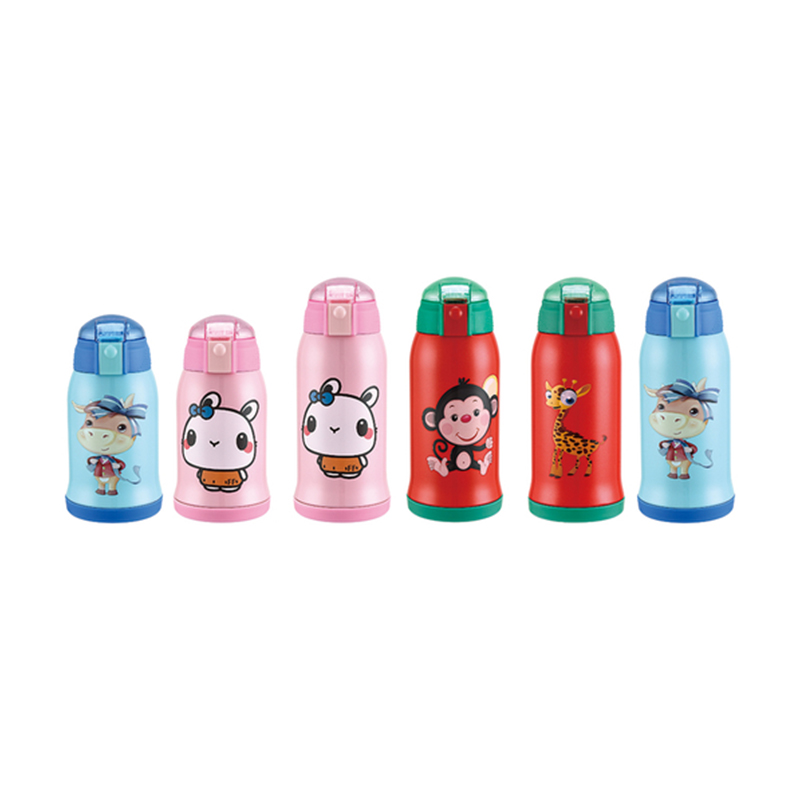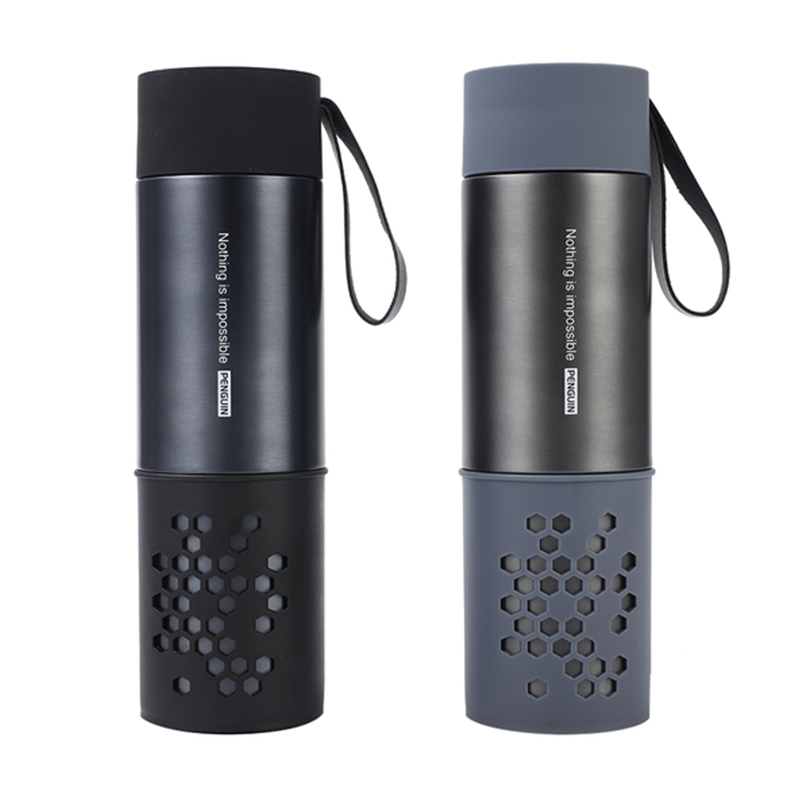Exploring the Common Use of Bottles for Beer and Coffee in Everyday Life
2025-05-16
The primary function of bottles for beer and coffee is to store and transport beverages safely while preserving their intended taste, carbonation (for beer), or heat (for coffee). These bottles are designed with specific features that cater to each beverage's unique characteristics.

For instance, bottles for beer and coffee must offer insulation if they are used for thermal beverages, while also maintaining airtight seals to prevent spoilage or loss of carbonation in beer. In many cases, they are also made to be reusable, contributing to sustainability and reducing single-use plastic waste.
The choice of material plays a critical role in how bottles for beer and coffee perform. Common materials include stainless steel, glass, and high-grade plastics.
Stainless Steel Bottles: These are often used for coffee due to their insulating properties. They keep drinks hot for extended periods and are highly durable. Many stainless steel bottles are now designed with double-wall vacuum insulation, making them ideal for busy individuals who want to enjoy hot coffee throughout the day.
Glass Bottles: Glass is favored for beer, especially in breweries and artisanal brands, because it does not affect the flavor of the beverage. Amber or green-tinted glass also protects beer from light exposure, which can degrade the quality of the drink over time.
Plastic Bottles: Though less common for high-end beer or specialty coffee, plastic is sometimes used for casual or portable purposes. They are lightweight and cost-effective, making them practical for single-use scenarios or casual outdoor events.
The selection of materials reflects both the beverage's requirements and the user's expectations, making bottles for beer and coffee adaptable across multiple scenarios.
Bottles for beer and coffee are commonly used by both individual consumers and commercial providers. Below are several key scenarios:
a) Home Brewing and Personal Consumption
Home brewers and coffee enthusiasts often invest in specialized bottles for beer and coffee that allow them to store and enjoy their beverages with freshness. For beer, these bottles often include pressure-resistant seals and dark glass to maintain the quality of the brew. For coffee, thermal bottles are preferred to keep drinks warm during commutes or at the office.
b) Cafés and Breweries
In the commercial sector, bottles for beer and coffee are part of branding and consumer experience. Cafés use branded reusable coffee bottles to reduce waste and encourage repeat business. Breweries often sell their beers in branded bottles, not only for retail but also for events and tastings.
Some establishments even offer refill programs, where customers bring back their empty bottles for beer and coffee to reduce environmental impact, aligning with the growing demand for sustainability in packaging.
c) Outdoor and Travel Use
Many consumers purchase specialized bottles for beer and coffee designed for travel and outdoor use. These are built with rugged materials and secure seals to prevent leaks. For travelers and campers, insulated coffee bottles ensure access to warm drinks in varying weather conditions, while beer bottles are often chosen for their portability and safety during transport.
The design of bottles for beer and coffee has evolved to reflect both aesthetic trends and functional needs. Modern bottles often feature:
Leak-proof lids to prevent spills
Integrated handles or clips for portability
Measurement indicators for accurate pouring
Custom finishes or branding to attract niche markets
Sustainability has also become a core consideration. Many producers of bottles for beer and coffee now focus on recyclable materials, reduced packaging, and long-lasting durability to extend the life cycle of each product. These innovations reflect changing consumer priorities, especially among environmentally conscious buyers.



 English
English  日本語
日本語  Deutsch
Deutsch 



